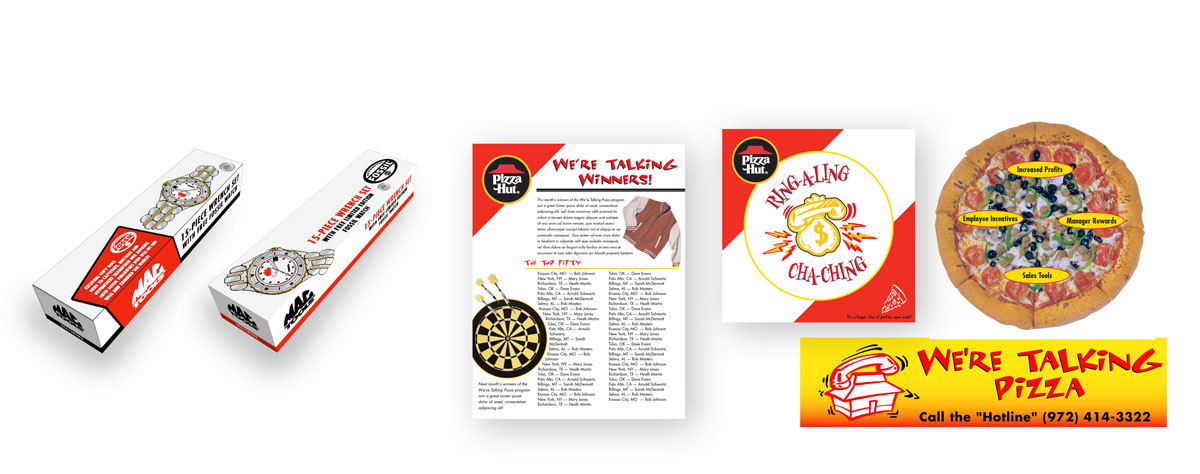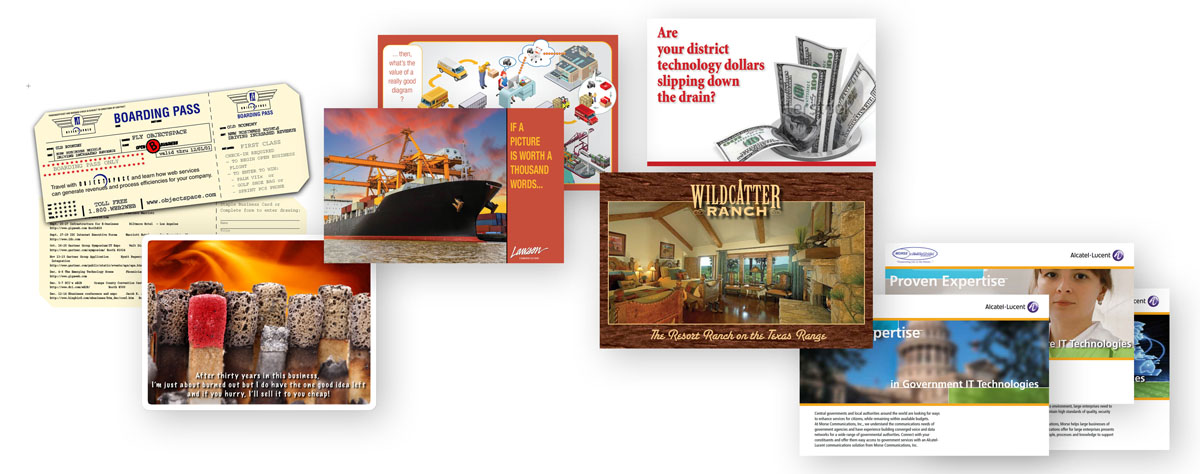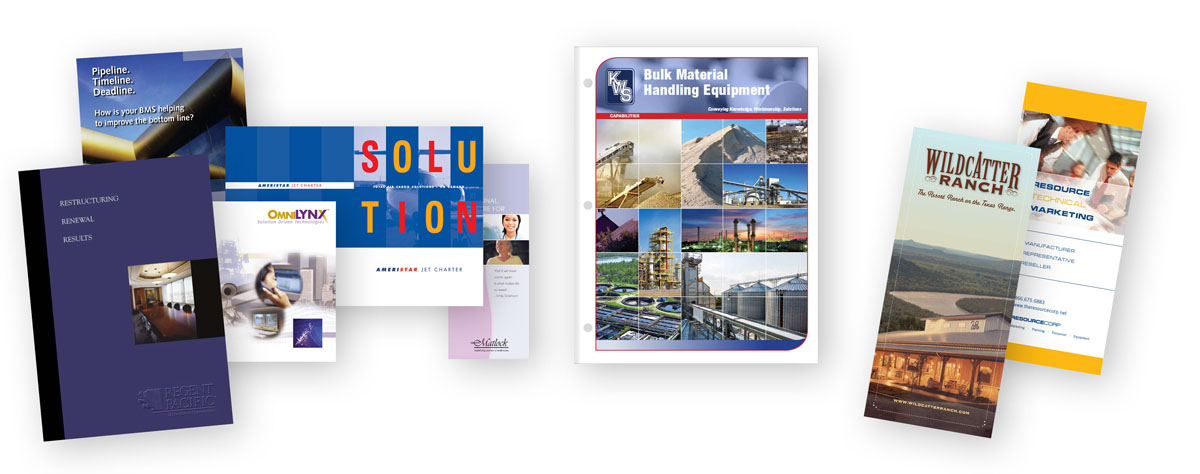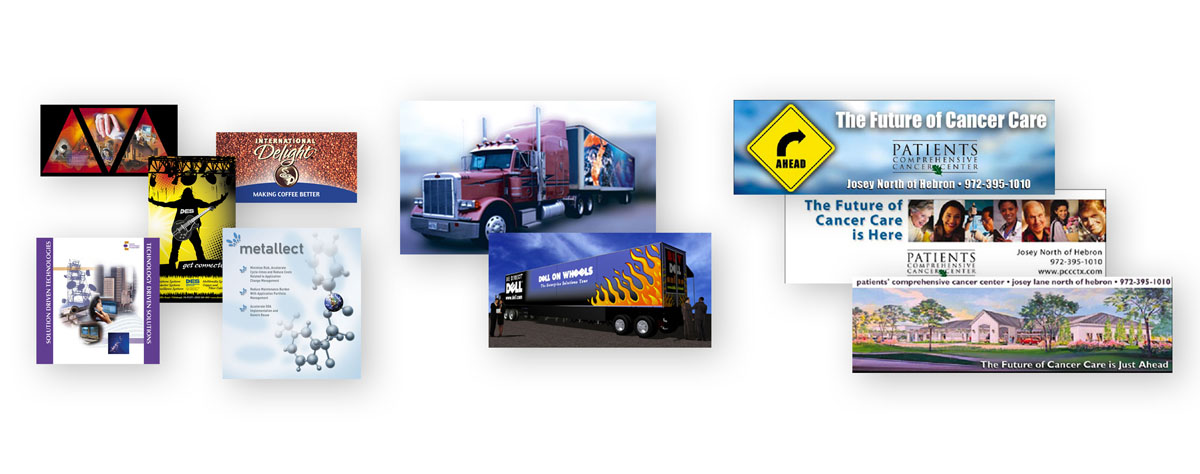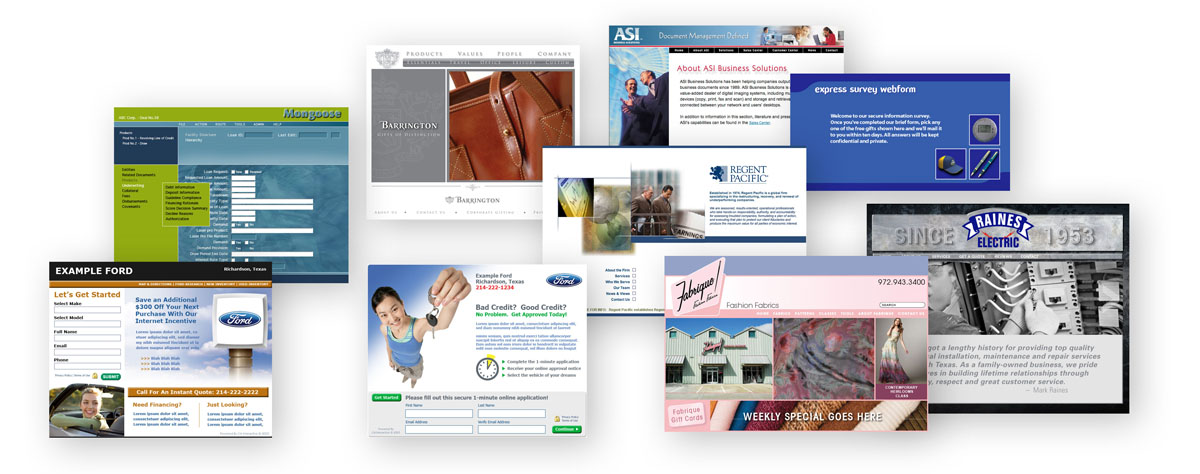Can I Hear You Now?

Can I Hear You Now?
Thanks to youthful indiscretions — like attending ridiculously loud concert venues — I suffer from tinnitus, a constant ringing in my ears. There are certain narrow frequencies of sound that simply get masked by that ringing, giving people the occasional impression that I’m ignoring them when they speak (like when my wife asks me to take out the trash).
It seems that business leaders often suffer from a similar hearing malady, especially when faced with information that contradicts their assumptions. Leaders who are accomplished in one area of business often mistakenly assume they are qualified to handle diverse business needs that require entirely different skill sets (note John DeLorean). Consequently, they feel justified in ignoring valuable input.
I once worked for a small marketing agency run by an entrepreneur who was convinced that he was the smartest guy in the room, even when it came to issues he’d hired myself and others to manage. Our business manager at the time was a brilliant man who got fed up and left to form one of Dallas’ most successful consulting groups. Not long after, I saw the writing on the wall and jumped ship as well, just before that entrepreneur filed bankruptcy. I still wonder how things would have worked out if that business manager had been listened to.
On a similar note, I’m currently aware of several corporations that hired outside consultants to survey their employees and/or customers, only to completely disregard the survey results because they didn’t like what they heard. Consequently, they spent big money on something they never used, at the same time, antagonizing their employees and customers by disrespecting those individuals’ input. They’d have been better off spending that money on Girl Scout cookies for the employee break room.
Listen Early, Listen Often
Recently, I read an inspiring book titled “The Five Most Important Questions You Will Ever Ask About Your Organization” by Peter Drucker and Jim Collins. If you’re familiar with Drucker, it should come as no surprise that he emphasizes marketing (both internal and external). His foundational approach to marketing is that it must, above all else, be based on listening to prospective customers’ needs before establishing a plan of action.
Most companies fail in this simple exercise simply because they assume they already know the answers. For some companies, it’s just the pressures of time-to-market. For some, it’s the arrogance of thinking their customers will fall in line. (Insert Budweiser debacle here.)
The bottom line is that even if marketing efforts successfully bring in new clients, failure to meet expectations (which were never fully understood in the first place) will inevitably lead to attrition — necessitating a whole new round of misguided marketing efforts to replace the sales streams that dried up.
As a marketing consultant, I guess I shouldn’t complain about that practice since it guarantees future work. But somehow, I’m continually reminded by that incessant ringing in my ears that carelessness yields long-term consequences.
I could still go for some of those Girl Scout cookies.
 Let’s talk. I’d really like to hear what you have to say, and it might even give me something to write about. Email me at guy@lawsoncomm.com.
Let’s talk. I’d really like to hear what you have to say, and it might even give me something to write about. Email me at guy@lawsoncomm.com.
I’ll buy you coffee and we can compare notes. I promise not to steal your ideas without permission.
![]()
“Most people do not listen with the intent to understand; they listen with the intent to reply.”
― Stephen R. Covey

Did someone forward this newsletter to you after reading it themselves? Don’t settle for that!
CLICK HERE
to get a fresh, unused copy of this newsletter sent directly to you every Sunday morning. If you decide it stinks, you can always unsubscribe.
BUILD — Tony Fadell
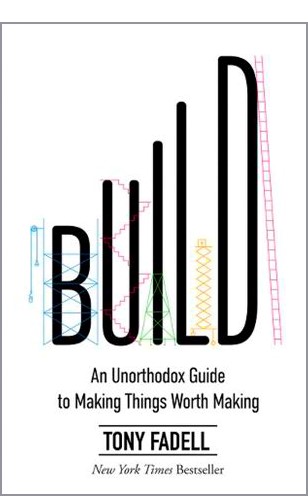
Tony Fadell created the iPod and designed the original iPhone for Apple. He also came up with the Nest thermostat. When it comes to building a successful business, he’s someone worth paying attention to. In “BUILD”, Fadell asserts that the initial phase of marketing — the act of seeking out and listening to people’s needs in order to meet those needs — precedes every other process in the creation of a product or service.
A meeting of great minds who think alike






